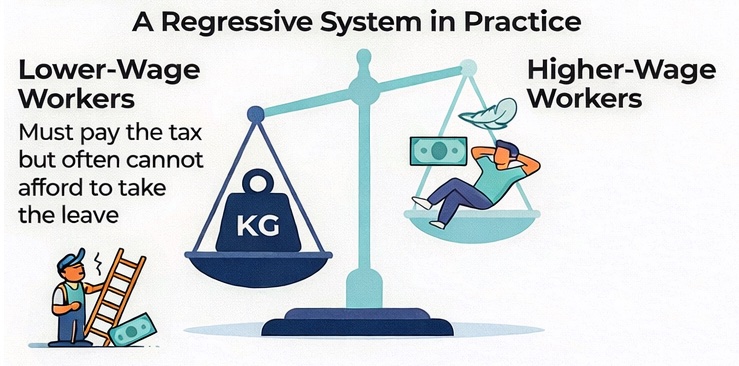It is no secret that SEIU supports an income tax in Washington state—the union “bankrolled” Initiative 1098 in 2010, which would have created a state income tax.
After the abysmal failure of I-1098 in 2010 (it was rejected by 64% of voters and passed in only one county in the state), SEIU 775 president David Rolf indicated he and his union had gotten the message that voters aren’t interested in an income tax, telling The Seattle Times in 2016 his union had no secret plan to push another income tax effort.
But a memo obtained via a public records request shows that is exactly what SEIU executives did—the union hatched a secret plan to try to push a city income tax, in the guise of an excise tax, hoping it would create a legal path to implement a statewide income tax.
According to the memo from Pacifica Law Group, SEIU 775 was working closely with the Economic Opportunity Institute, and Washington Education Association on the scheme to pass an income tax in Seattle or Olympia. The goal was to “set up a legal challenge to current law in Washington that hold graduated income taxes are unconstitutional,” and “provides a launching point for a potential future statewide initiative,” and/or “establishes a progressive tax that generates revenue for the public benefit.”
Knowing an income tax has little support in this state, the memo reveals SEIU and the income tax cabal were thinking creatively about how to “frame” it as something other than an income tax. Ostensibly hoping to trick voters, it was suggested an income tax should be “framed as a privilege tax or capital gains tax.” They settled on trying to sell it in Seattle as what the News Tribune characterized as an “excise tax on wealthy people privileged enough to call Seattle home.”
Of course, an income tax by any other name…is still an income tax.
A judge rejected the argument that Seattle’s income tax is actually an excise tax, explaining that you can’t redefine an income tax as an excise tax to get around legal restrictions, and ruled the Seattle income tax illegal.
Although EOI was the public face behind the effort, the memo makes it clear SEIU 775 was behind the scenes actively pursuing the same sneaky income tax agenda scheme.
It is one thing for SEIU to support a ballot measure establishing a state income tax. At least then voters are given the opportunity to have the final say in the matter. They’ve done so numerous times so far, overwhelmingly rejecting ten income tax ballot measures. It is another thing entirely to negotiate a back room deal to circumvent the will of those voters with a flimsy work around.
SEIU 775 pays a lot of lip service to representing the workers in the state. The reality is SEIU does not bother to represent anyone other than its own agenda when it comes to income taxes.





